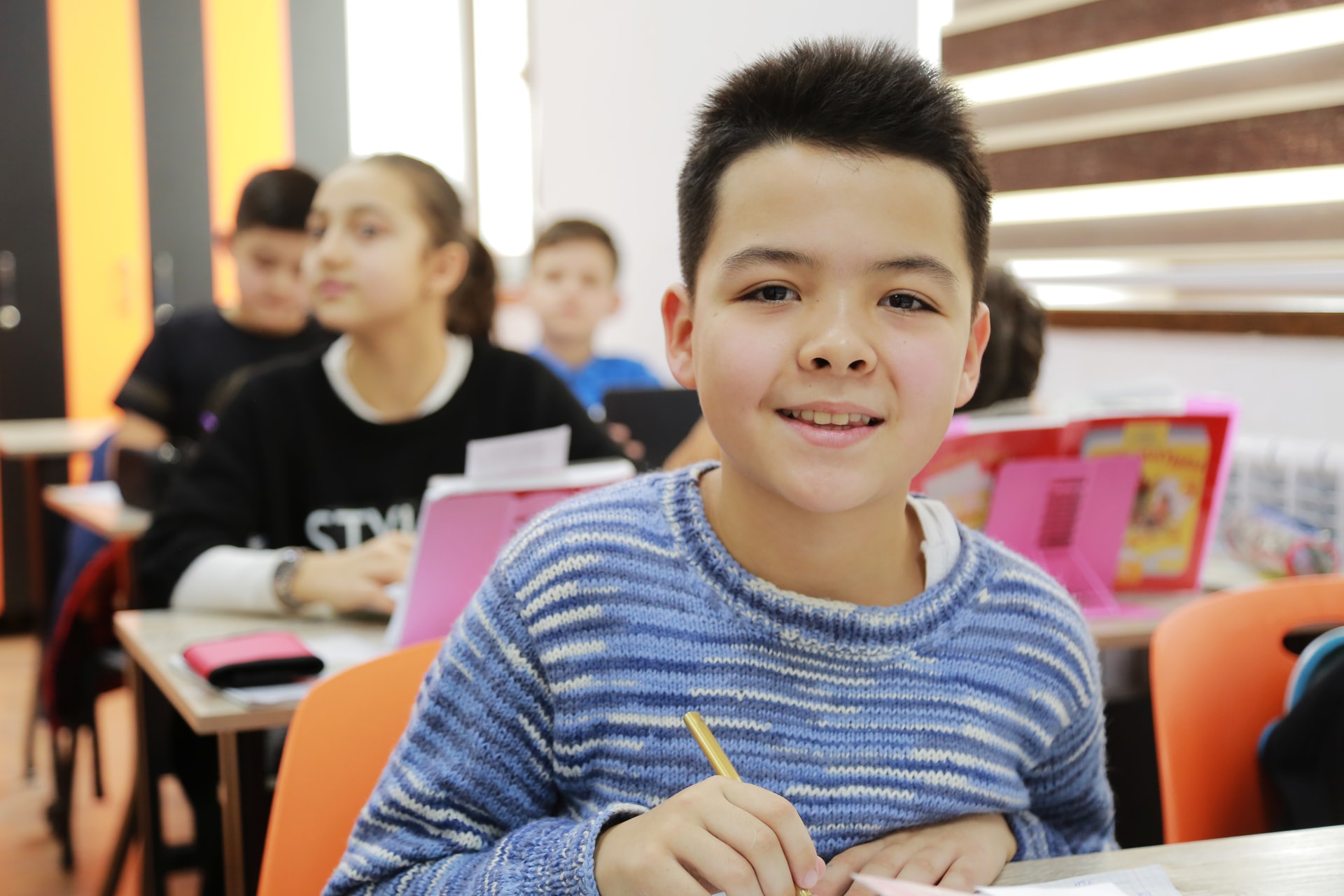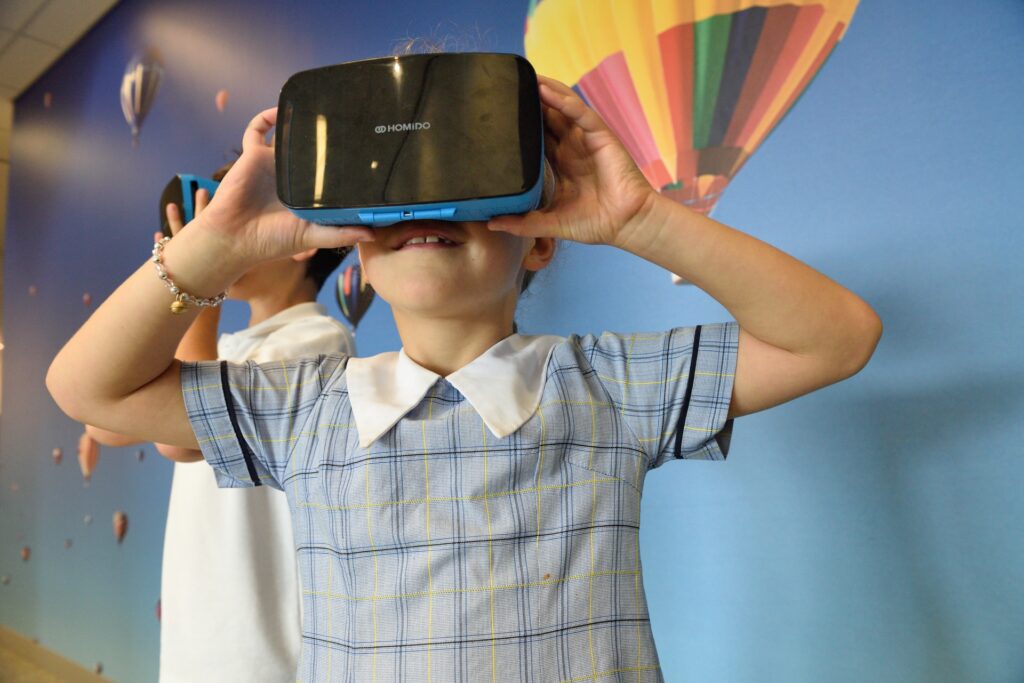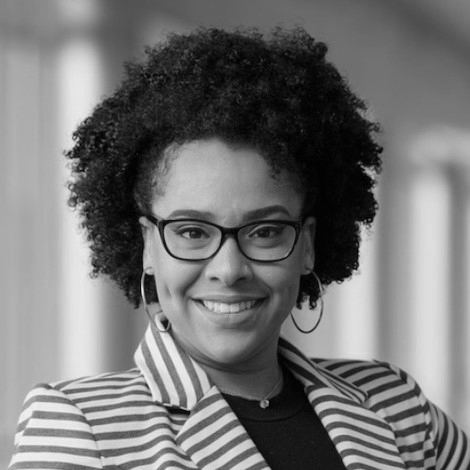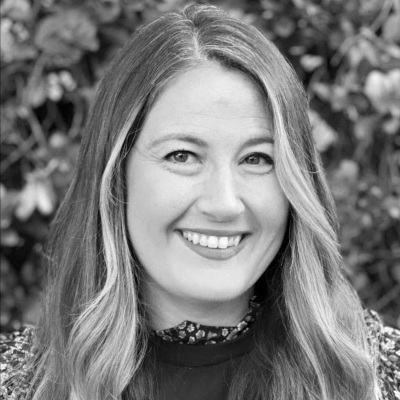Gifted Testing &
Gifted Assessments
Photo by Kelly Sikkema on Unsplash
If you’re here, you might have some questions about Gifted Testing, more a process more formally known as a Gifted Evaluation or Gifted Assessment. If so, let me ask you a few questions: Is your child unusually alert? Are they a rapid learner who puts together skills, concepts, and ideas together earlier than other children their age? Do they have excellent memory, or an unusually good grasp of language or vocabulary? Perhaps they enjoy solving problems, puzzles, or can easily absorb themselves in books beyond their grade level. Has your child’s teacher every stated they were “Advanced” or “ahead of the others?”.
If you answered “Yes!” to any of these questions, there’s a possibility your child is in the process of developing in an advanced fashion, and may benefit from more challenging learning opportunities! Even if the answer is less resounding, don’t be discouraged! Advanced and Gifted children are remarkably diverse, and can exhibit their intelligence in surprisingly varied ways.
GIFTED TESTING IN FLORIDA
Most school districts in Florida consider an IQ of 130 or more to be Gifted, which must be formally assessed with quantitative assessment batteries which are designed to assess many different elements of thinking. While many different types of professionals (Pediatricians, Social Workers, etc) may be able to speculate as to whether or not a child is gifted, School and Clinical Psychologists receive the most training. Neurocove Behavioral Health provides both ADHD testing and Gifted testing in Orlando, Florida. If you have specific questions about your child’s development, please contact us. We’re happy to help!

Photo by Kuanish Reymbaev on Unsplash
WHY IS GIFTED TESTING NEEDED?
Proper testing gives us an objective and systematic process for identifying gifted children who may not be benefiting form their current academic programming. Ability and achievement tests provide scores to classify one child’s performance in relation to others. These assessments are often used as benchmark requirements for entrance into specific programs or if a discrepancy in learning is suspected.
More information on Pull-Out programs and Specialized classes here, courtesy of the NAGC.
TESTS USED TO MEASURE COGNITIVE ABILITY
Neurocove uses multiple assessment measures to fully capture your child’s different abilities and skills. If you are wondering about Gifted Testing, we have the training and the tools to answer your specific questions.
Achievement tests determine what a child has learned in school and how their learning compares to their peers. Achievement tests may be domain specific (such as Math or Reading) or more general, depending on the measure used.
Ability tests provide information about individual intellectual domains, such as memory or attention.
Have more questions about the tests we use in gifted testing ? Click here!
IS MY CHILD GIFTED?
Gifted Evaluations are used as a tool when it is suspected that a student’s gifts and talents are not being recognized.
School-age children are typically screened using group testing methods through their school’s gifted and talented screening program, and it is uncommon that individual tests of ability or achievement will be offered to gifted students by their school or district.
More information from the National Association for Gifted Children.
WHEN IS THE BEST TIME TO TEST MENTAL ABILITY?
Generally speaking, experts agree it is difficult to accurately assess for most cognitive concerns at an early age. For this reason, Neurocove does not provide any testing services for children under the age 7, as validated quantitative norms for children younger than 7 generally do not exist.





